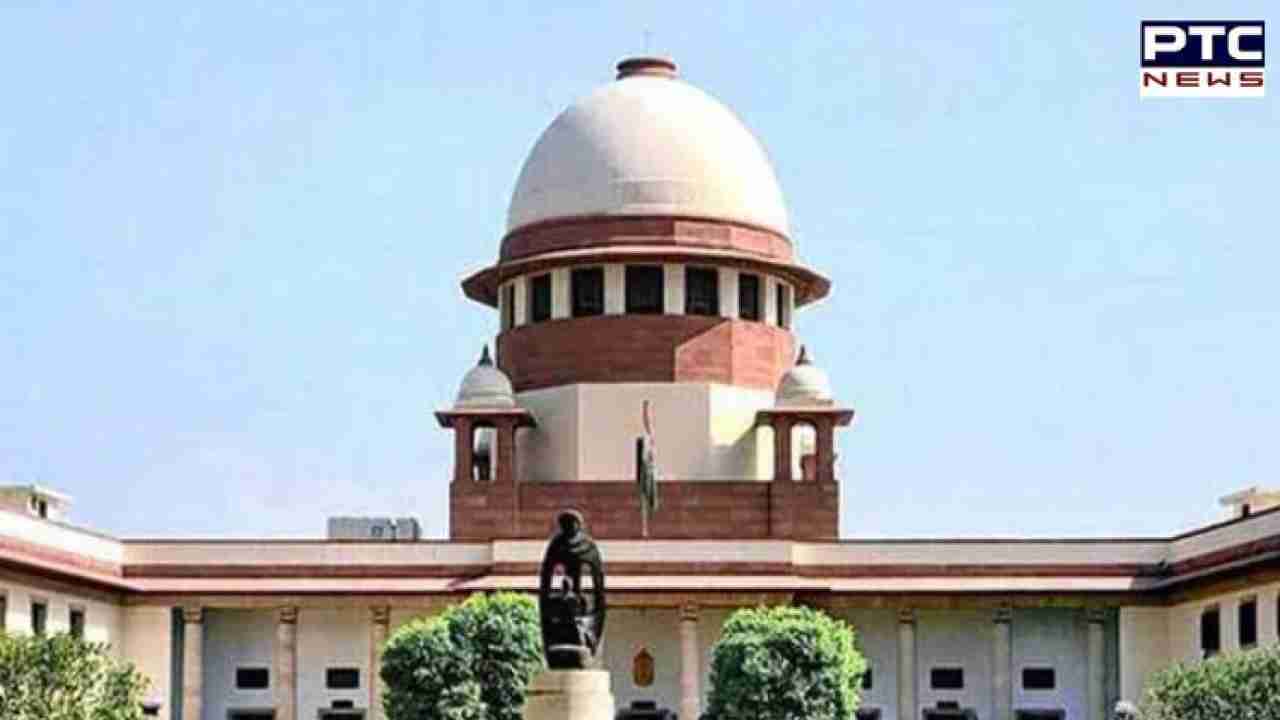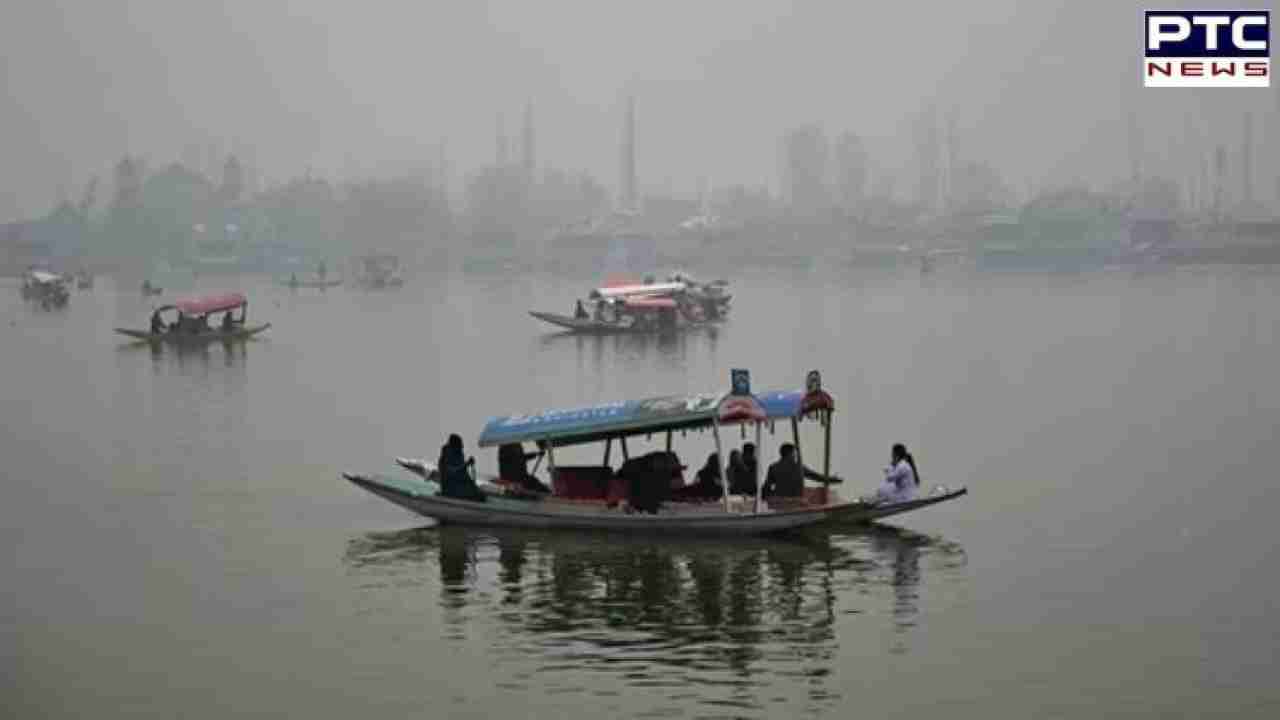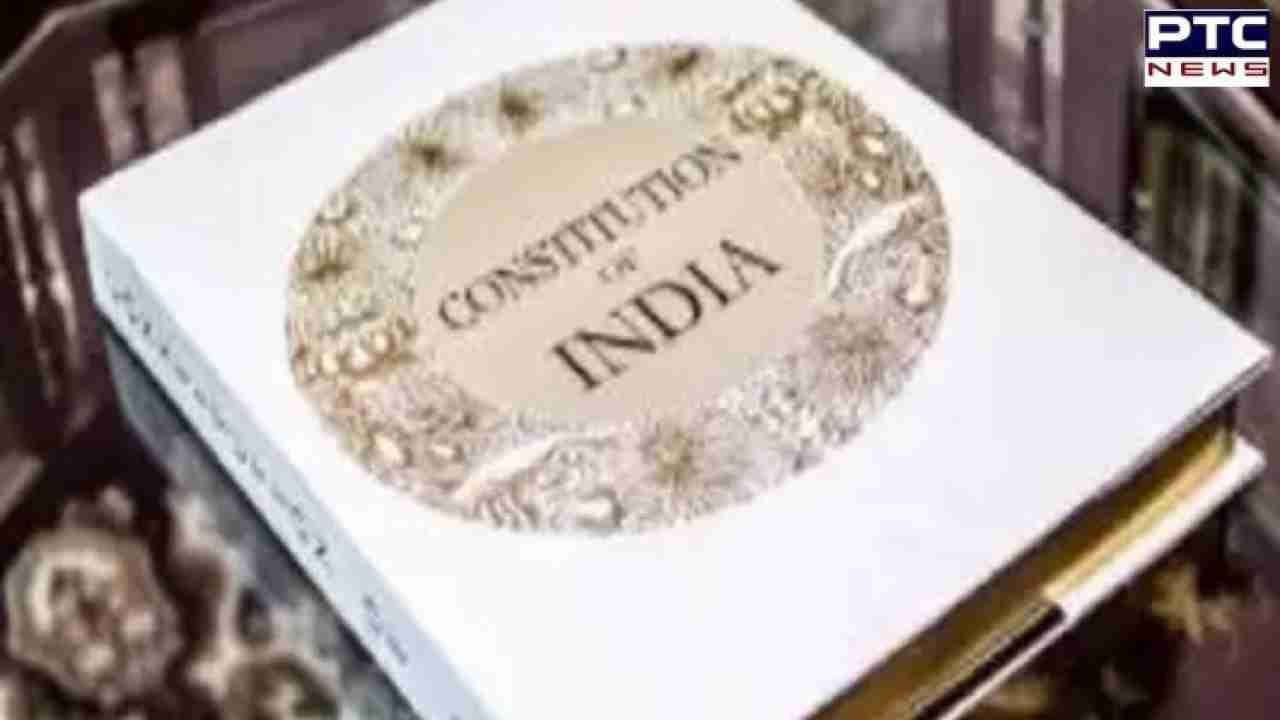

SC validates abolishment of Article 370; directs Jammu and Kashmir polls by Sept 2024
Article 370: The Supreme Court initiated hearings on the constitutional validity of the Centre's decision to revoke 'Article 370', the special status conferred on the former state of Jammu and Kashmir. However, the Court refrained from passing judgment on the validity of the Presidential rule imposed in Jammu and Kashmir in December 2018, stating it wasn't specifically contested by the petitioner, according to the Chief Justice of India. He also reiterated that Article 370 was initially a temporary provision.
In 2019, the Centre annulled the special status and reorganised the state into two Union Territories: Jammu and Kashmir, and Ladakh. A five-judge Constitution bench led by Chief Justice DY Chandrachud delivered the verdict following numerous petitions challenging the Centre's decision made four years ago. Following a comprehensive 16-day hearing, the Supreme Court reserved its judgment on September 5.
Petitioners contended that the unilateral revocation of Article 370 by the Centre was impermissible as the powers of the Constituent Assembly were transferred to the Jammu and Kashmir legislature after its dissolution in 1957.

Following a comprehensive 16-day hearing that concluded on September 5, the Supreme Court reserved its judgment on the matter. The impending verdict is poised to have far-reaching consequences, potentially impacting a multitude of significant decisions made by the Centre over the past four years.
At the core of this legal contention lies the essence of Article 370, which bestowed upon Jammu and Kashmir a unique status within the Indian Union. This article delineated the limitations of the Centre's legislative authority concerning the state, empowering the Jammu and Kashmir legislature to formulate laws in various domains, excluding finance, defense, foreign affairs, and communications.
The impending judgment from the apex court stands to not only address the constitutional validity of the Article 370 abrogation but also carry substantial implications for the governance and legal framework concerning Jammu and Kashmir.
Article 35A, nestled within the confines of Article 370 of the Indian Constitution, made its debut in 1954 through a presidential order, retaining the erstwhile provisions of the territory regulations. Its inception aimed to empower the Jammu and Kashmir state legislature with the authority to delineate and identify permanent residents within the region's boundaries.
This pivotal article erected formidable barriers for non-residents, explicitly prohibiting them from establishing permanent residency, acquiring land, securing employment in local government positions, or availing educational scholarships within Jammu and Kashmir.

Often dubbed the "Permanent Residents Law," Article 35A assumed a staunch stance against the property rights of female residents in Jammu and Kashmir if they chose to marry individuals from outside the boundaries of the erstwhile state. This provision set forth stringent limitations, curtailing their entitlement to inherit property or land within the region under such circumstances.
The inclusion of Article 35A not only delineated the distinctive status of permanent residents but also drew clear lines demarcating their rights and privileges from those outside the territorial confines of Jammu and Kashmir. This article, steeped in its intention to preserve the region's demographic and cultural integrity, evoked extensive discussions and debates concerning its implications on both the social and legal landscapes of the erstwhile state.
The reorganization of Jammu and Kashmir following the revocation of Article 370 marked a significant shift in its administrative and political landscape. The erstwhile state was bifurcated into two Union Territories: Ladakh, as a Union Territory without a legislature, and Jammu and Kashmir, endowed with a legislative body. However, since August 5, 2019, both Union Territories have been under the governance of Centre-appointed lieutenant governors due to the absence of assembly elections in Jammu and Kashmir.
A key development emerged in May 2022 when the Jammu and Kashmir Delimitation Commission delineated new boundaries, names, and the count of assembly constituencies in the region. This marked a crucial step toward facilitating the first-ever assembly elections in the Union Territory. The commission's final order on May 5 allocated 43 seats to the predominantly Hindu Jammu region and 47 to the Muslim-majority Kashmir, culminating in a total of 90 seats for the Union territory's assembly, an increase from the previous 83.
The commission's decision to allocate seven new seats—six to Jammu and one to Kashmir—reconfigured the electoral map. Additionally, the panel introduced significant changes, including reserving nine seats for scheduled tribes (ST), realigning Lok Sabha constituencies while maintaining a total count of five, renaming certain assembly constituencies, and redrawing others. Each Lok Sabha constituency now comprises 18 assembly segments.
Moreover, the panel's recommendations included provisions for representation of members from Kashmiri migrant communities, particularly the Kashmiri Pandits displaced during the region's turmoil in the 1990s. Previously, Jammu held 37 seats, whereas Kashmir had 46.
In February 2023, the Supreme Court dismissed a challenge to the constitution of the Jammu and Kashmir Delimitation Commission. Justices Sanjay Kishan Kaul and AS Oka emphasized that Articles 2 and 3 of the Constitution empower Parliament to create new States and Union territories. They upheld the legality of the Delimitation Commission, stating that laws made under Article 3 could facilitate the readjustment of constituencies in newly constituted States or Union territories.
Another significant shift was the extension of voting rights to "outsiders," individuals who were not permanent residents of Jammu and Kashmir before August 5, 2019. This inclusive move allowed any Indian citizen meeting the criteria of being an "ordinarily resident" of the UT to participate in assembly, panchayat, and municipal elections. West Pakistan Refugees, residing in J&K for 70 years, became eligible to vote in district development council elections, panchayat by-polls, and urban local body elections. The Ministry of Home Affairs estimated 5,746 families of West Pakistani Refugees in the UT, predominantly concentrated in Kathua, Samba, and Jammu districts, although community leaders asserted a higher count, approximating 20,000 families.
- With inputs from agencies
